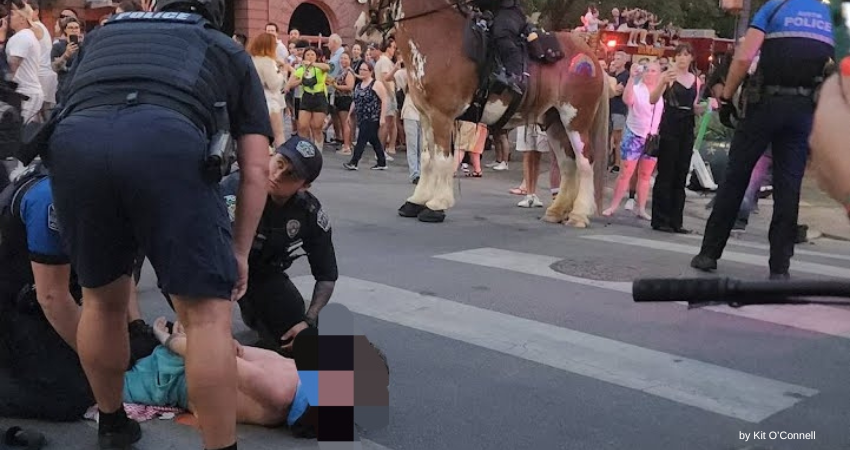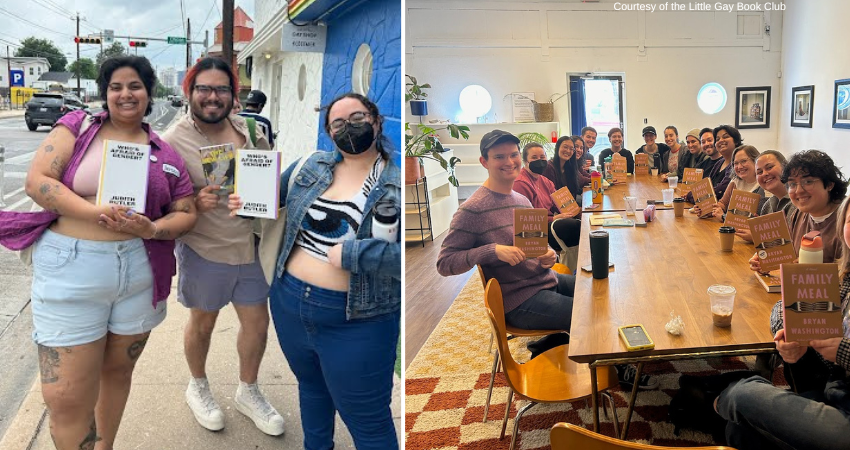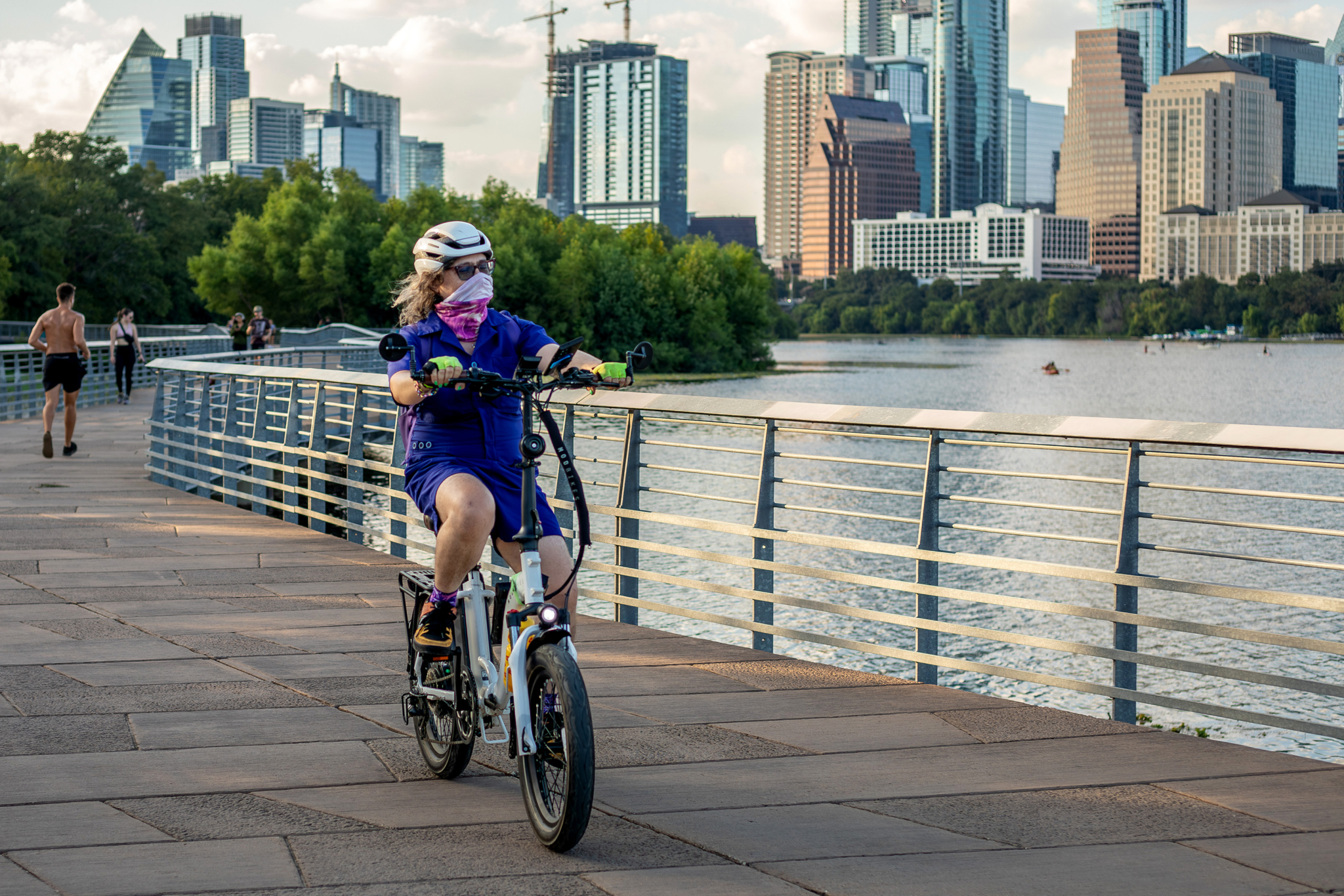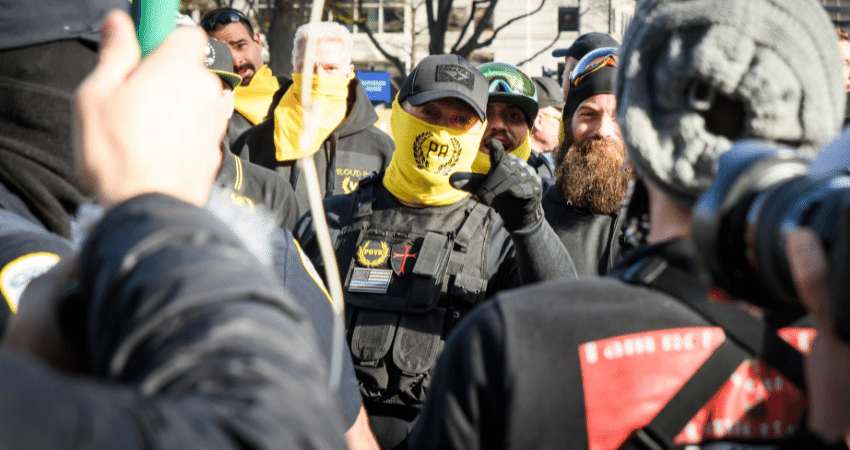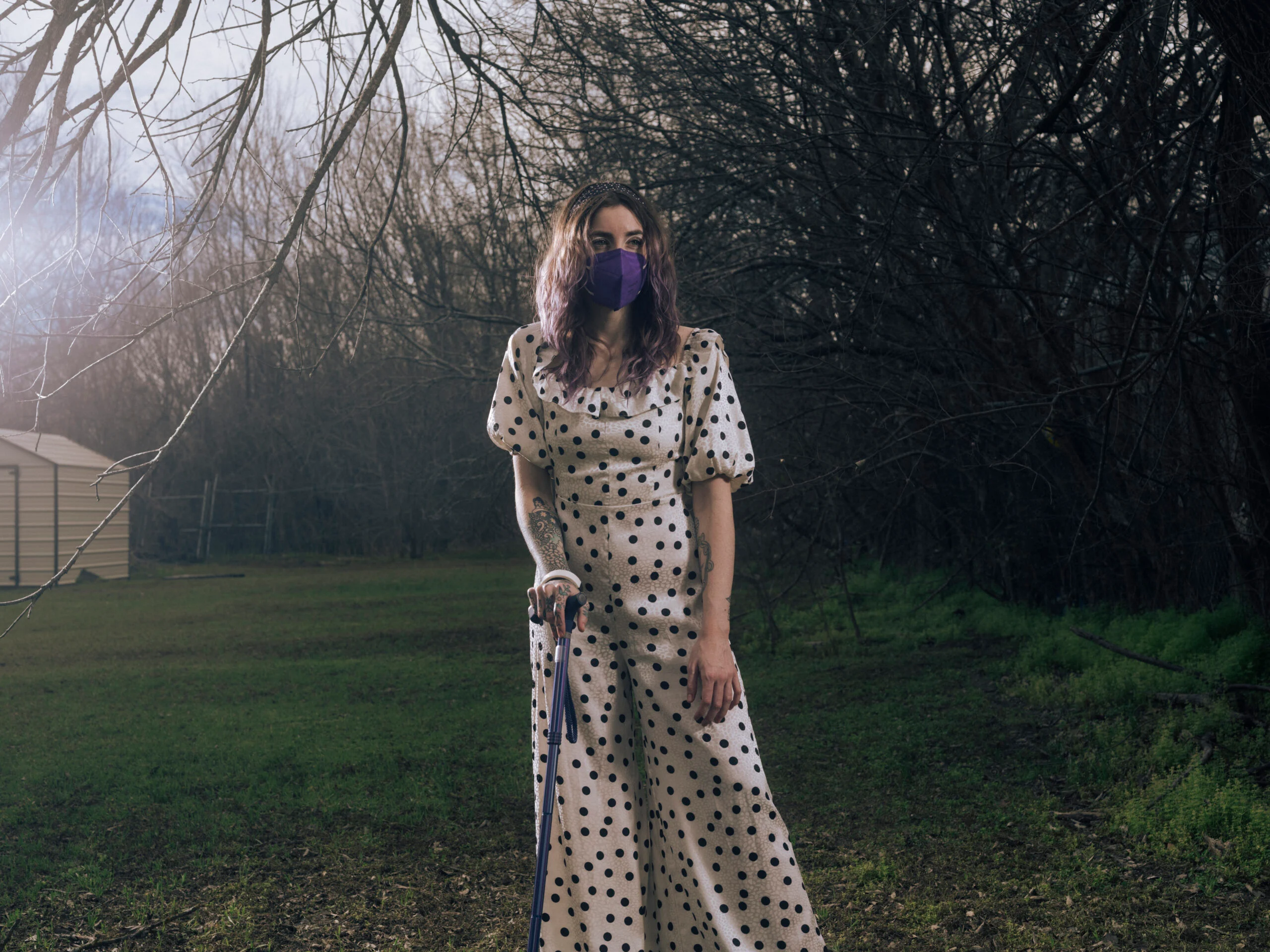In the spring of 2023, Kit O’Connell broke a story for the Texas Observer about the dress code at the Texas Department of Agriculture. The rules stated that, at the TDA office, “pants and Western attire are allowable” for women. Skirts higher than four inches from the knee were not, nor was clothing that encouraged “excessive cleavage.” Men should not wear Crocs or slides, nor tuck their pants into boots. Also, the policy noted, “employees are expected to comply with this dress code in a manner consistent with their biological gender.” If they did not—and refused requests from their supervisors to “change into conforming attire”—they could eventually be fired.
The story got picked up quickly by NPR, NBC News, The Guardian, and beyond. O’Connell’s framing—that this was “anti-LGBTQ+ oppression”—was echoed by those larger outlets, with context on a cascade of recent anti-trans legislation in the state. The TDA didn’t respond to the Observer’s request for comment, but as attention mounted, Sid Miller, the department’s commissioner, provided an interview to Austin’s local Spectrum News channel. “When a man comes dressed in drag, or vice versa, it’s very disruptive. It’s not professional,” he said. “My people need to look and act professional.”
Time slid on. As of this summer, the dress code remained. No major national or international outlets had followed up. O’Connell checked in. “For over a year,” they wrote for the Observer, “employees of the Texas Department of Agriculture have been subject to a dress code that is transphobic and potentially illegal.” In researching the second story, O’Connell combed through internal TDA emails obtained by a nonprofit called American Oversight, which procures government records. The emails about the dress code, O’Connell wrote, showed that “senior agency staff were aware TDA was wading into legally dubious waters and that a number of employees objected to its implementation and felt personally discriminated against.” O’Connell pulled a quote from an employee who noted that “within the past six months, several trans, queer, and/or gender-nonconforming staff have been hired by the TDA. This timing could lead one to conclude that this policy is a direct result of trans visibility in the workplace.”
